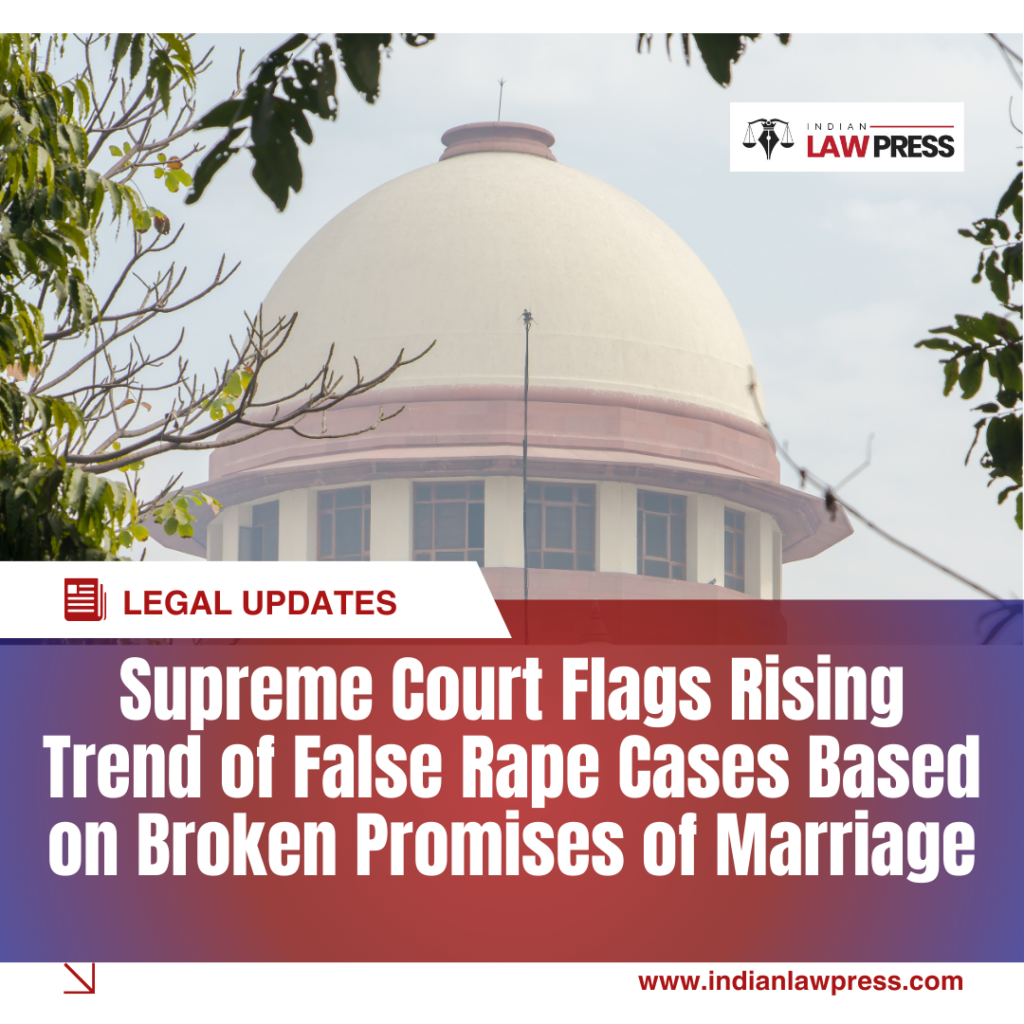The Supreme Court of India has reaffirmed a crucial principle in property law—an agreement to lease does not create leasehold rights unless the lease deed is duly executed and registered. This ruling came while interpreting the clauses of an agreement to lease between the Delhi Development Authority (DDA) and a party.
Background of the Case
The case arose from an appeal filed by the DDA challenging the auction sale of a disputed plot. The bench comprising Justice Abhay S. Oka and Justice Ujjal Bhuyan examined the legal standing of an agreement to lease that was never executed.
The origins of the case trace back to 1957 when the Delhi Improvement Trust (now DDA) executed an agreement to lease in favor of M/s Mehta Constructions for a property. However, the lease deed was never formally executed. Clause 24 of the agreement clearly stated that no rights, title, or interest would be created until the lease deed was executed and registered.
In 1972, M/s Mehta Constructions agreed to sell the plot to M/s Pure Drinks Pvt. Ltd., which later, in 1985, had a sale deed executed in its favor. The Delhi High Court ordered its registration. However, after M/s Pure Drinks went into liquidation, the property was auctioned in 2000, with S.G.G. Towers (P) Ltd. purchasing the plot.
DDA’s Challenge and Supreme Court Verdict
DDA challenged the auction sale, contending that Mehta Construction never acquired leasehold rights since the lease deed was never executed. The Single Judge and Division Bench of the Delhi High Court upheld the auction sale, prompting the DDA to appeal to the Supreme Court.
Deciding the appeal, the Supreme Court held that since the lease agreement was never executed, no leasehold rights were created in favor of M/s Mehta Constructions. Consequently, SGG Towers could not claim ownership.
Key Observations by the Supreme Court
- No Leasehold Rights Without Execution: The Court relied on Clause 24 of the agreement, emphasizing that no title or interest was conferred upon M/s Mehta Constructions.
- Auction Sale Was Conducted on an “As It Is” Basis: Since the agreement to lease was never executed, M/s Mehta Constructions had no valid rights to transfer. As a result, S.G.G. Towers only acquired the non-existent rights of M/s Mehta Constructions.
- DDA’s Right to Recover Possession & Unearned Income: The Court clarified that the DDA could pursue legal remedies to recover possession or claim unearned income from the first respondent, S.G.G. Towers.
- Option for Regularization: The Court allowed S.G.G. Towers to apply for regularization with the DDA, subject to payment of unearned income.
Impact of the Judgment
This ruling sets a significant precedent in real estate and property law, particularly concerning lease agreements. It underscores that merely signing an agreement to lease does not grant legal rights unless followed by execution and registration. This decision will serve as a cautionary measure for buyers, lessees, and developers dealing with property transactions based on unexecuted agreements.
Conclusion
The Supreme Court’s decision in Delhi Development Authority Versus S.G.G. Towers (P) Ltd. & Ors. reaffirms the fundamental principle that leasehold rights can only be created through a legally executed and registered lease deed. The judgment serves as a reminder for real estate stakeholders to ensure legal compliance in property transactions to avoid future disputes.
For more legal insights and updates, stay connected with Indian Law Press.
Read Also:





